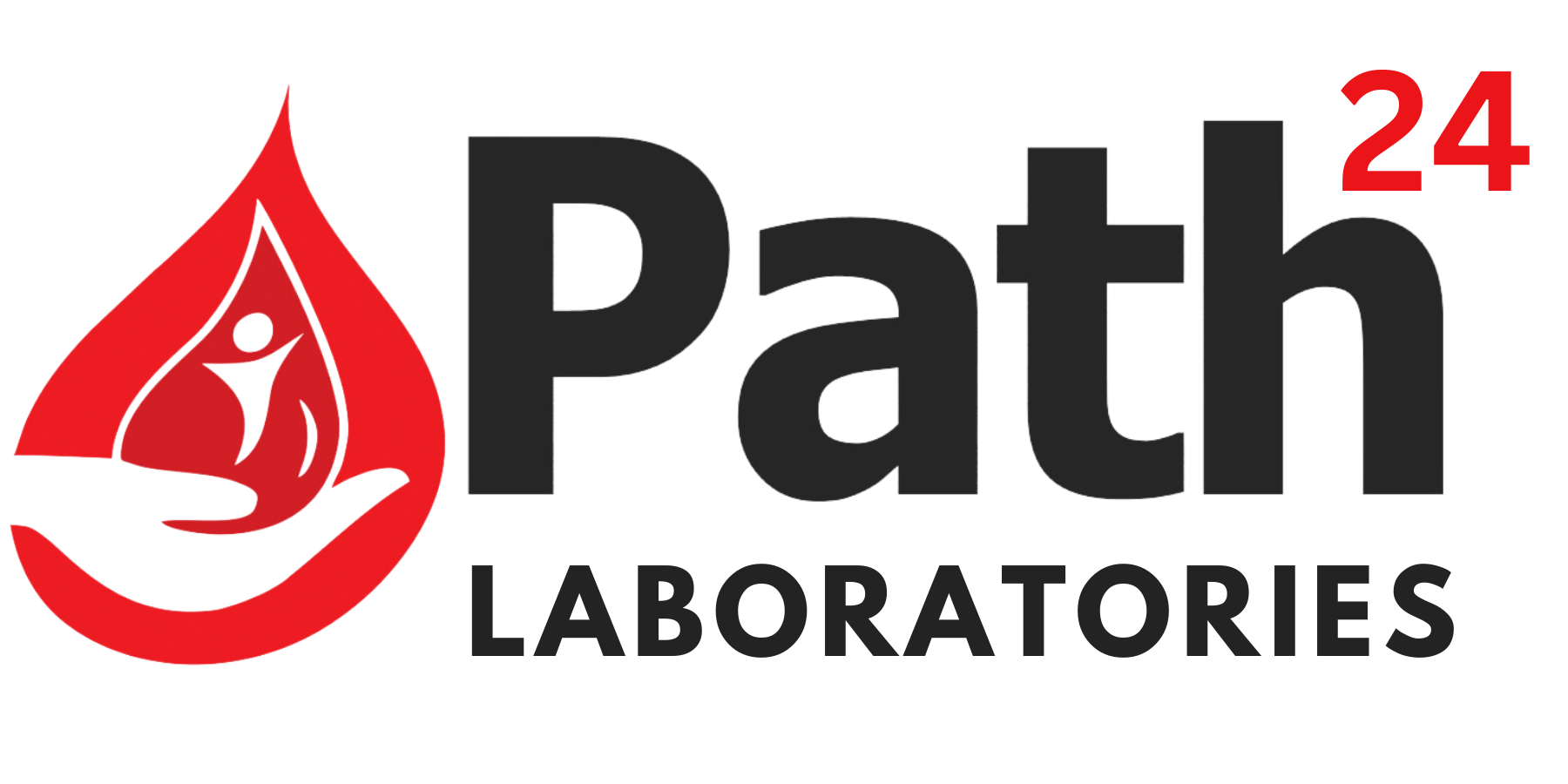Are you feeling tired, sluggish, or experiencing unexplained health issues? These could be signs of a vitamin or mineral deficiency. While a balanced diet is ideal, it’s not always enough to ensure optimal nutrient levels. This is where vitamin and mineral deficiency testing comes in.
What is Vitamin and Mineral Deficiency Testing?
Vitamin and mineral deficiency testing is a process that assesses the levels of essential nutrients in your body. This is typically done through a blood test, although other methods like hair or urine analysis might be used in specific cases.
Why is it Important?
- Early detection: Identifying deficiencies early on can prevent the onset of serious health problems.
- Personalized nutrition: Understanding your nutrient levels helps tailor your diet and supplement regimen to your specific needs.
- Overall well-being: Adequate vitamin and mineral intake is crucial for energy levels, mood, immune function, and more.
Common Deficiencies and Their Symptoms
Some common deficiencies include:
- Iron deficiency: Fatigue, weakness, shortness of breath
- Vitamin D deficiency: Bone pain, muscle weakness, mood changes
- Vitamin B12 deficiency: Numbness, tingling, fatigue
- Magnesium deficiency: Muscle cramps, insomnia, anxiety
It’s important to note that these are just a few examples, and symptoms can vary widely.
Who Should Consider Testing?
- People with poor diet or eating disorders
- Those with digestive issues that affect nutrient absorption
- Individuals taking certain medications
- Pregnant or breastfeeding women
- Older adults
- People with chronic illnesses
How to Get Tested
You can discuss vitamin and mineral testing with your healthcare provider. They can recommend specific tests based on your symptoms and medical history. Some individuals may opt for at-home testing kits, but it’s essential to consult with a healthcare professional to interpret the results.
Remember: While testing can provide valuable insights, it’s not a replacement for a healthy diet. Aim to get most of your nutrients from whole foods, and consider supplements only under professional guidance.
By understanding your nutrient status, you can take proactive steps to optimize your health and well-being.

